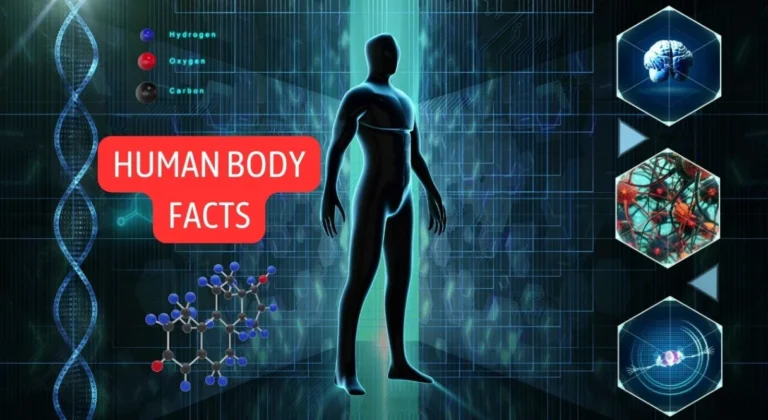The pictures we use in our articles might not show exactly what the words say. We choose these pictures to make you interested in reading more. The pictures work together with the words but don’t take their place. The words still tell you the important facts.
The renal corpuscle, a vital component of the human kidney, is a powerhouse responsible for blood filtration and the formation of urine. Comprising the glomerulus and Bowman's capsule, this intricate structure plays a pivotal role in maintaining fluid balance and eliminating waste products from the body. In this article, we will unravel 19 unbelievable facts about the renal corpuscle that will not only enrich your knowledge of its anatomy and function but also leave you in awe of the complexity and efficiency of our body's filtration system.
The Renal Corpuscle: A Closer Look at Blood Filtration
The renal corpuscle serves as the primary site of blood filtration in the kidney, with the glomerulus acting as a network of tiny blood vessels that filter waste products, toxins, and excess fluids from the blood to form the initial filtrate. This densely-packed bundle of capillaries facilitates the transfer of fluids and solutes into the Bowman's capsule, a cup-shaped structure responsible for collecting the filtrate and initiating urine formation.
Exploring the Marvels of the Renal Corpuscle
-
Location and Efficiency: The renal corpuscle, located within the renal cortex, filters an astonishing 180 liters of blood per day, showcasing its efficiency in removing waste materials from the bloodstream. Additionally, the glomerular filtration rate (GFR) measures the efficacy of the renal corpuscle in filtering blood, serving as a crucial clinical indicator of kidney function.
-
Selective Filtration: The filtration process in the renal corpuscle is highly selective, allowing essential substances like water, electrolytes, and nutrients to be reabsorbed while waste materials are eliminated from the body. The membrane of the glomerular capillaries plays a pivotal role in this process by preventing the passage of larger molecules like proteins into the filtrate.
-
Hormonal Regulation: Various hormones, including aldosterone and antidiuretic hormone (ADH), tightly regulate the balance of water and electrolytes within the renal corpuscle, ensuring proper functioning and maintaining homeostasis.
-
Adaptability and Variability: The size and efficiency of the renal corpuscle can vary among individuals, influenced by factors such as age, sex, and overall health. Damage to the renal corpuscle, as seen in conditions like glomerulonephritis, can impair filtration and lead to potential kidney damage.
Unraveling the Intricacies of Kidney Health
The renal corpuscle not only plays a crucial role in maintaining fluid balance and regulating blood pressure but also serves as a vital cornerstone in understanding kidney health. Through the secretion of renin, the renal corpuscle helps regulate blood volume and blood pressure, highlighting its significance in overall physiological balance.
The Future of Kidney Research and Treatment
As we delve deeper into the mysteries of the renal corpuscle and its intricate mechanisms, we pave the way for innovative treatments and interventions in kidney-related disorders. By studying this remarkable structure, researchers gain valuable insights into various kidney diseases, ultimately leading to advancements in medical science and improved patient care.
Embracing the Marvels of Human Anatomy
The renal corpuscle stands as a testament to the complexity and efficiency of the human body's filtration system. By unraveling remarkable facts about this tiny yet mighty component, we gain a deeper appreciation for the intricacies of biological engineering and the wonders of human anatomy. As we continue to explore the depths of human physiology, we uncover a wealth of knowledge that shapes our understanding of ourselves and the miraculous world within us.
FAQs: Exploring Common Questions
- Function of the Renal Corpuscle: The renal corpuscle filters blood, removes waste products, excess water, and certain substances to form urine.
- Selective Filtration Mechanism: Specialized structures in the renal corpuscle allow for selective passage of substances based on size and charge.
- Impact of Diseases on Renal Corpuscle: Conditions like glomerulonephritis or diabetic nephropathy can affect renal corpuscle function, leading to kidney dysfunction.
- Factors Influencing Filtration: Blood pressure, volume, and hormones can impact the filtration rate in the renal corpuscle.
- Role in Body Homeostasis: By filtering blood and regulating urine composition, the renal corpuscle helps maintain fluid balance, electrolyte levels, and pH levels.
Trustworthy Content for Curious Minds
At the heart of our mission lies a commitment to providing engaging and reliable content that enriches your knowledge and sparks curiosity. Every fact we share is a product of real user contributions, ensuring a diverse range of insights and information. Our dedicated editors rigorously review each submission to maintain the highest standards of accuracy and authenticity. Trust in our dedication to quality as you embark on a journey of discovery with us.
In conclusion, the renal corpuscle continues to captivate with its intricate design and vital functions in the human body. By delving into its complexities and uncovering its secrets, we gain a deeper understanding of kidney health and overall well-being. As we celebrate the marvels of human anatomy, let us continue to explore, learn, and appreciate the wonders that make us who we are.

